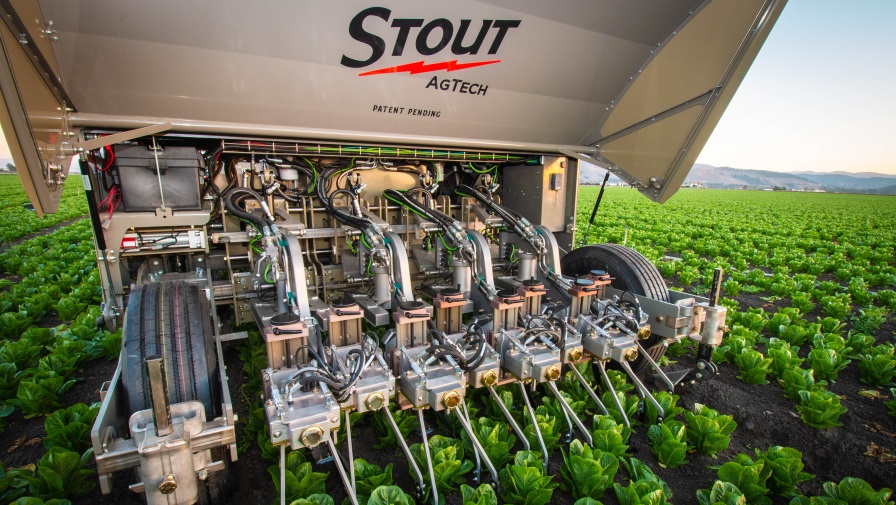Huge Greenhouse Tomato Grower Files For Bankruptcy
Saddled with $300 million in debt, Eurofresh Inc., an Arizona hydroponic vegetable grower, filed for Chapter 11 bankruptcy protection last week, the Arizona Daily Star reported. Blaming the filing on its debt burden, labor troubles and crop pest problems, the company said it plans to continue operating after reaching agreement, with key creditors to quickly reorganize under bankruptcy protection.
Eurofresh, which grows tomatoes and other vegetables in a 274-acre greenhouse operation near Willcox and a smaller operation in Snowflake, said the bankruptcy filing was part of a plan worked out with key creditors to “recapitalize.” The company revealed in its filing that it had defaulted on loans totaling about $70 million in late March and missed a payment on $170 million in other debt in January.
Contributing to the company’s financial problems, the firm said, were infestations of plant diseases and whiteflies, resulting in millions of dollars worth of crop losses since 2006.
The company also cited labor problems, including a shortage of workers “due to changes in immigration policy” and an ongoing investigation of its hiring practices by U.S. Immigration and Customs Enforcement.
Eurofresh said it had reached an agreement with a group of investors, including its founder and chairman, Johan van den Berg, to recapitalize the company, which listed total secured and unsecured debts of about $300 million. Eurofresh Chief Executive Officer Dwight Ferguson said that under the company’s reorganization plan, the firm’s notes — short-term bonds used to raise $170 million in late 2005 — would be canceled and exchanged for stock.
Ferguson said the company will continue to “operate profitably and effectively, with minimal disruption to our business.” He said cash flow continues to be positive and that the company, if it’s allowed to follow its reorganization plan, will be able to pay the unsecured debtors — employees, suppliers and other providers of goods and services.
“It is absolutely business as usual,” Ferguson told the newspaper. “The decision to file for Chapter 11 … has absolutely nothing to do with the operations at the company. We’re still cash-flow-positive and profitable. We’re like companies everywhere that have been burdened by a lot of debt.”
Eurofresh attorneys said they expect to submit the company’s plan for reorganization in mid-May and complete its financial reorganization in the third quarter of this year. Ferguson downplayed factors other than tightening and expensive credit for the company’s financial plight. “Credit was available and cheap, up until the last couple years,” he said. “We leveraged up. This is really being driven by those operations. We felt, at that time, we could service that kind of debt level.”
The company has expanded rapidly in recent years, despite persistent labor shortages. But despite rising revenues, its court filings showed declining profits from 2006 through 2008 amid mounting debt. In its bankruptcy filing, the company blamed some of its financial problems on plant “diseases and infestations.” The report itemized the loss of nearly 8 million pounds of tomatoes valued at just under $8 million, due to plant diseases and whitefly infestations since 2006.










